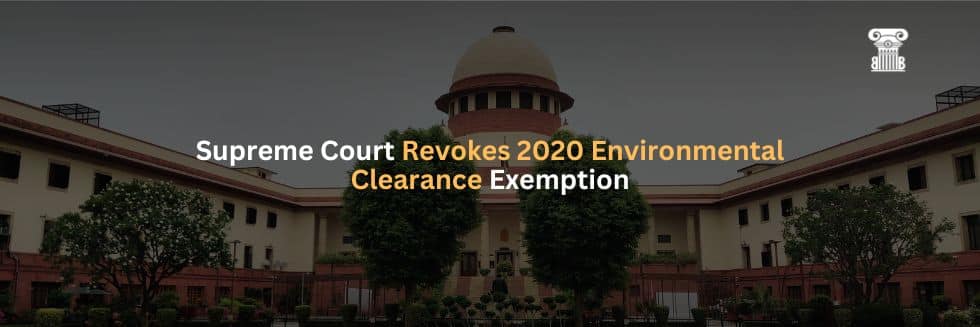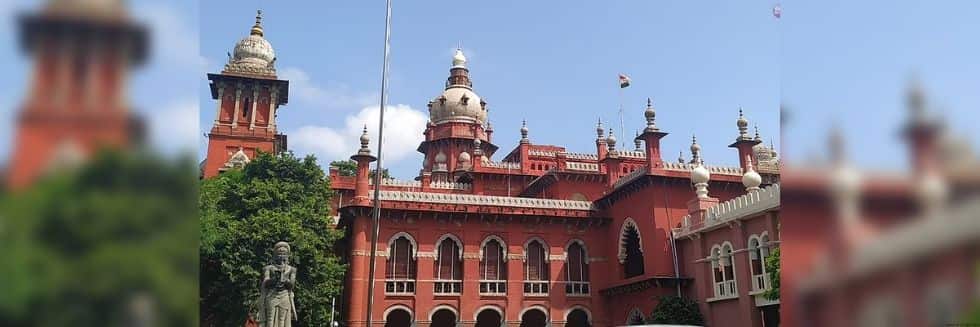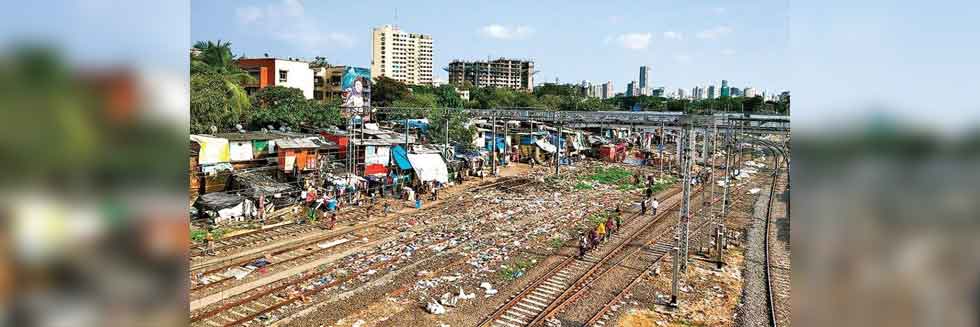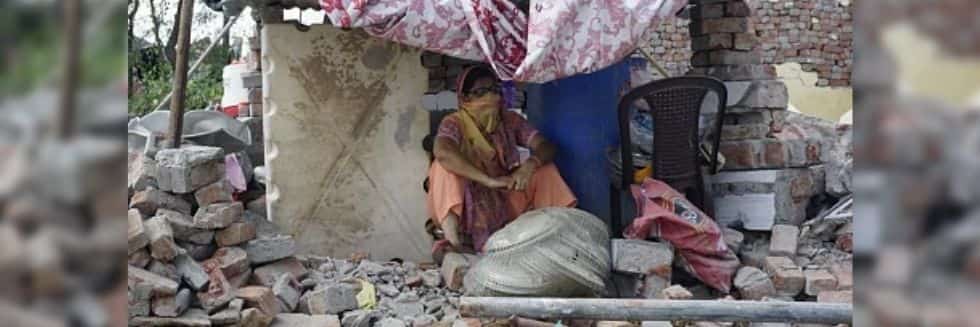In a recent development, the National Green Tribunal (NGT) has turned down a request from the Special Protection Group (SPG). The SPG had sought an extension for the registration of three diesel-powered specialised armoured vehicles, which are crucial for the Prime Minister’s security.
The SPG had argued that although these vehicles are registered until December 2029, their registration will be cancelled and they will be deregistered as of December 12, 2024. This is due to the completion of 10 years from the date of their initial registration.
However, the NGT’s principal bench, consisting of chairperson Justice Prakash Shrivastava and expert member Dr. A Senthil Vel, dismissed the SPG’s plea. They referred to the Supreme Court’s order from October 2018.
In 2018, the Supreme Court had instructed the Transport Departments of the National Capital Region (NCR) to adhere to the NGT’s guidelines. It was announced that all diesel vehicles over 10 years old and petrol vehicles over 15 years old would not be permitted in the NCR.
This directive from the Supreme Court was preceded by an order from the NGT itself in April 2015. In the case of Vardhaman Kaushik & Ors v. UOI, the NGT had prohibited all diesel vehicles older than 10 years from operating on the roads of Delhi NCR.
The NGT is a specialised body established under the National Green Tribunal Act, of 2010. Its purpose is to ensure the effective and speedy resolution of cases related to environmental protection and the conservation of forests and other natural resources.
With the creation of the NGT, India became the third country globally to establish a specialised environmental tribunal. It followed Australia and New Zealand and was the first developing country to do so.
The NGT is required to dispose of applications or appeals within 6 months of their filing. It has five places of sitting, with New Delhi being the principal place and Bhopal, Pune, Kolkata, and Chennai being the other four.
The Tribunal is composed of the Chairperson, Judicial Members, and Expert Members. They serve for a term of three years or until the age of sixty-five years, whichever comes first, and are not eligible for reappointment.
The Chairperson is appointed by the Central Government in consultation with the Chief Justice of India (CJI). A Selection Committee is formed by the central government to appoint the Judicial Members and Expert Members. The tribunal must have at least 10 and a maximum of 20 full-time Judicial members and Expert Members.






